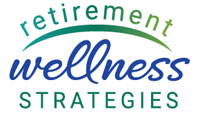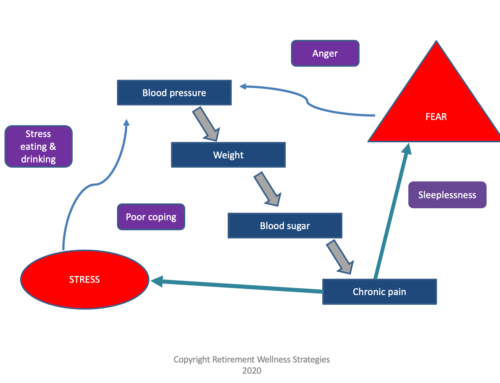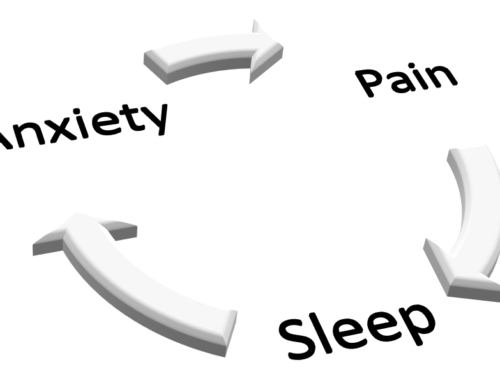
You can take steps to lengthen your fuse by building capacity in your life.
How long is your fuse?
How easily are you frustrated to the point of acting out?
Have you noticed things that you could have handled a few years ago now really bother you?
How easily do you say or do things in anger that you could have handled more professionally or kindly in the past?
Since the start of the pandemic, numerous studies, crime statistics, resignation rates, and other factors have indicated the heavy toll COVID-19 is taking on the mental health of people. I’m certain that includes you.
This constant stress can drain your capacity to handle additional stress, changes, or difficulties in a thoughtful way. So how do you build some emotional capacity?
Your brain
Our brains are wired to do their best thinking when more relaxed. The front part of the brain is large and talented. It is creative, is good at problem solving, is good at planning, and can help us reason through annoyances without anger.
There is another, much smaller yet very powerful part of the brain with the primary purpose of helping us when we are in deep trouble. This controls the ‘fight or flight’ response. It is designed to be used infrequently when in situations such as being chased by a bear. (I know I’ve never been chased by a bear, have you?). In today’s high stress, high pressure society, this part of the brain can be triggered and then be difficult to shut back off. Many of my clients spend most of their time in this high stress part of their brain. When this is active, that more thoughtful and creative and smart part of the brain is not active. This is why we find ourselves feeling trapped and making quick rash decisions.
Primary way to reclaim your smart brain – regain control
You can take action to shut down the stress response part of your brain and stay much more often in the front of your brain. You will be calmer, kinder, smarter, and healthier.
When you find yourself ready to act out, recognize it then take action.
Remove yourself from the situation. Remove the focus from the trigger and focus on your breath. When you are stressed you are likely breathing in a more rapid, shallow pattern. Now claim control of that breath and breathe very deeply in through your nose. Feel that breath coming in and feel your lungs expanding. When your lungs have slowly, fully expanded hold that breath for a four-count then slowly let it out through pursed lips (like through a straw). Focus on the feel of the air leaving your lungs. Clear your mind. Feel your heartbeat slow. Repeat this deep breathing a few times until you are no longer angry and ‘seeing red’.
This certainly is most effective if you can also walk away from the situation until you have regained control.
An additional component of this deep breathing is to select a favorite quote or verse from a book of faith or song lyric. Slowly say these selected words to yourself in your mind as you are breathing. This combination can help your brain turn away from the situation that has upset you and refocus you.
Many people during these distressing times have turned to other sources to calm their anger or anxiety. Did you know that use of alcohol, cannabis, opioids, or other drugs can make it more difficult to access that smartest, calmest part of your brain? They might help ‘take the edge off’ but they are not getting you to a place where you can resume control of your own thinking and reactions.
Having a ‘bad temper’ is optional. Letting stress consume your life is optional. Treating others badly when you’re frustrated is optional.
What else can I do to lengthen my fuse?
You can regain control of yourself and your reactions.
Next week we will add sleep as an important factor in managing your emotions.
If you would like to know more, check out Retirement Wellness Strategies (www.retirewellness.com) and Propel Comprehensive Wellness (www.propelyourwellness.com) or schedule a time for us to talk: https://calendly.com/retirewellness/20-minute-free-inquiry-call





